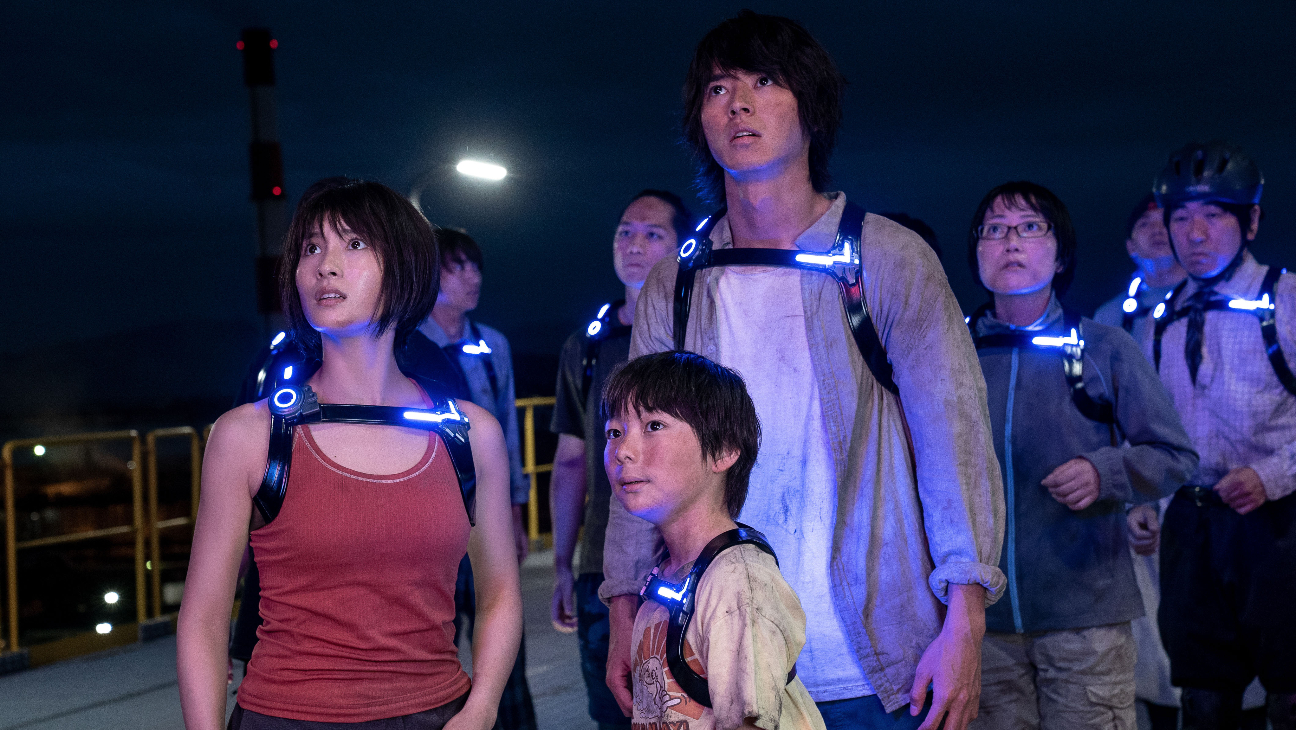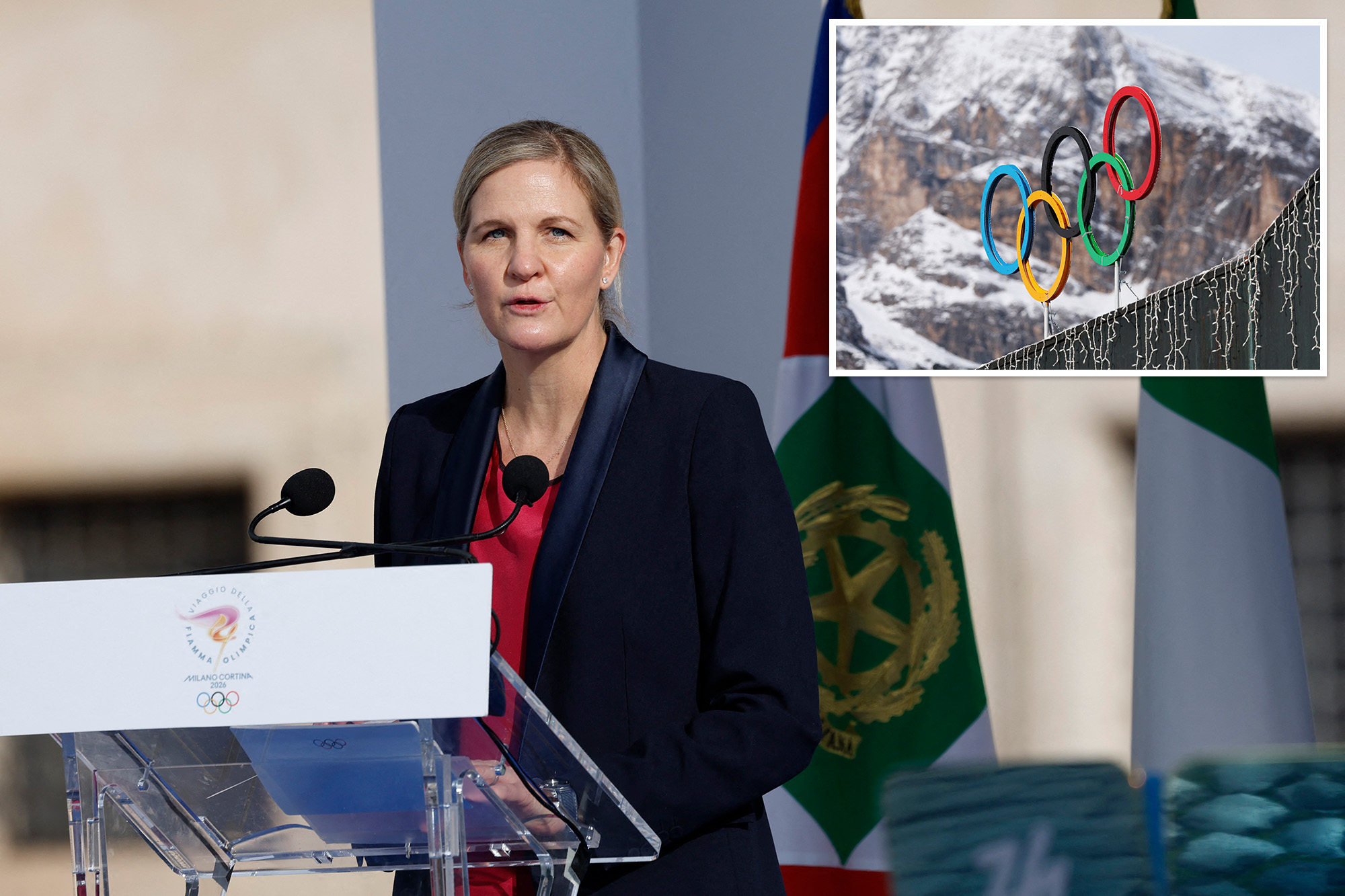Tens of thousands of Sudanese are fleeing to overcrowded camps to escape violence and reported atrocities committed by the Rapid Support Forces (RSF) after they captured the city of el-Fasher on October 26, 2023. According to aid groups, the humanitarian situation has become dire, with many displaced individuals facing critical shortages of food, shelter, and medical supplies.
In the aftermath of the RSF’s takeover, more than 16,200 people have sought refuge in Tawila, located approximately 43 miles from el-Fasher. Adam Rojal, a spokesperson for the aid organization Sudan’s IDPs and Refugee Camps, highlighted the dire conditions in Tawila, where makeshift shelters made from patched tarps and sheets struggle to accommodate the influx of people. In a video shared by the group, children can be seen running amid adults carrying large pots of food, all hoping to feed the growing number of displaced families.
As of November 4, the International Organization for Migration estimates that around 82,000 individuals have fled from el-Fasher and its surrounding areas. Many have undertaken this perilous journey on foot, seeking safety in Tawila, which is already overwhelmed by previous waves of displaced individuals. The ongoing conflict between the RSF and the Sudanese army has claimed at least 40,000 lives, according to the World Health Organization (WHO), with some estimates suggesting the actual toll could be significantly higher.
The RSF’s recent actions in el-Fasher, including an assault on the Saudi Hospital that reportedly resulted in over 450 deaths, have drawn widespread condemnation. While the RSF denies these allegations, testimonies from fleeing civilians, along with online videos and satellite imagery, paint a harrowing picture of the chaos and violence that has unfolded.
In Tawila, Doctors Without Borders (MSF) reported that approximately 300 people arrived on just one day last week, escaping the turmoil in el-Fasher. MSF teams have observed alarmingly high rates of malnutrition among both children and adults. Rojal emphasized that the displaced population is in urgent need of food, medical care, shelter materials, and psychosocial support. Families frequently survive on only one or two meals per day, underscoring the severity of their plight.
The United Nations’ Human Rights Chief, Volker Türk, expressed grave concerns for those remaining in el-Fasher. “Today, traumatized civilians are still trapped inside el-Fasher and are being prevented from leaving,” Türk stated in Geneva. He further warned of ongoing atrocities, including summary executions and ethnically motivated violence, occurring within the city.
In the midst of escalating violence, the RSF announced on Thursday that it would consider a humanitarian truce proposed by a U.S.-led mediator group known as the Quad. Meanwhile, the Sudanese army has indicated its willingness to cooperate but insists that the RSF must withdraw from civilian areas and disarm before any agreement can be reached.
The conflict has spread beyond Darfur, affecting the neighboring Kordofan region, where violence has surged. Earlier this week, a drone attack in el-Obeid, the capital of North Kordofan province, resulted in at least 40 fatalities and numerous injuries. A military official disclosed that the army intercepted two Chinese-made drones targeting el-Obeid, although they spoke on the condition of anonymity due to restrictions on public statements.
Jalale Getachew Birru, an analyst focused on East Africa, noted that the fall of el-Fasher represents a strategic success for the RSF but deepens the humanitarian crisis. Birru estimated that at least 2,000 people were killed across Sudan during the week following the RSF’s takeover. He remarked that these developments not only exacerbate the humanitarian situation but also signal the RSF’s growing capability to extend their influence into central Sudan, potentially reversing the progress made by the Sudanese armed forces and reigniting violence in previously stable areas.
As the situation in Sudan continues to deteriorate, the international community watches closely, with calls for increased humanitarian aid and protection for civilians caught in the crossfire.







